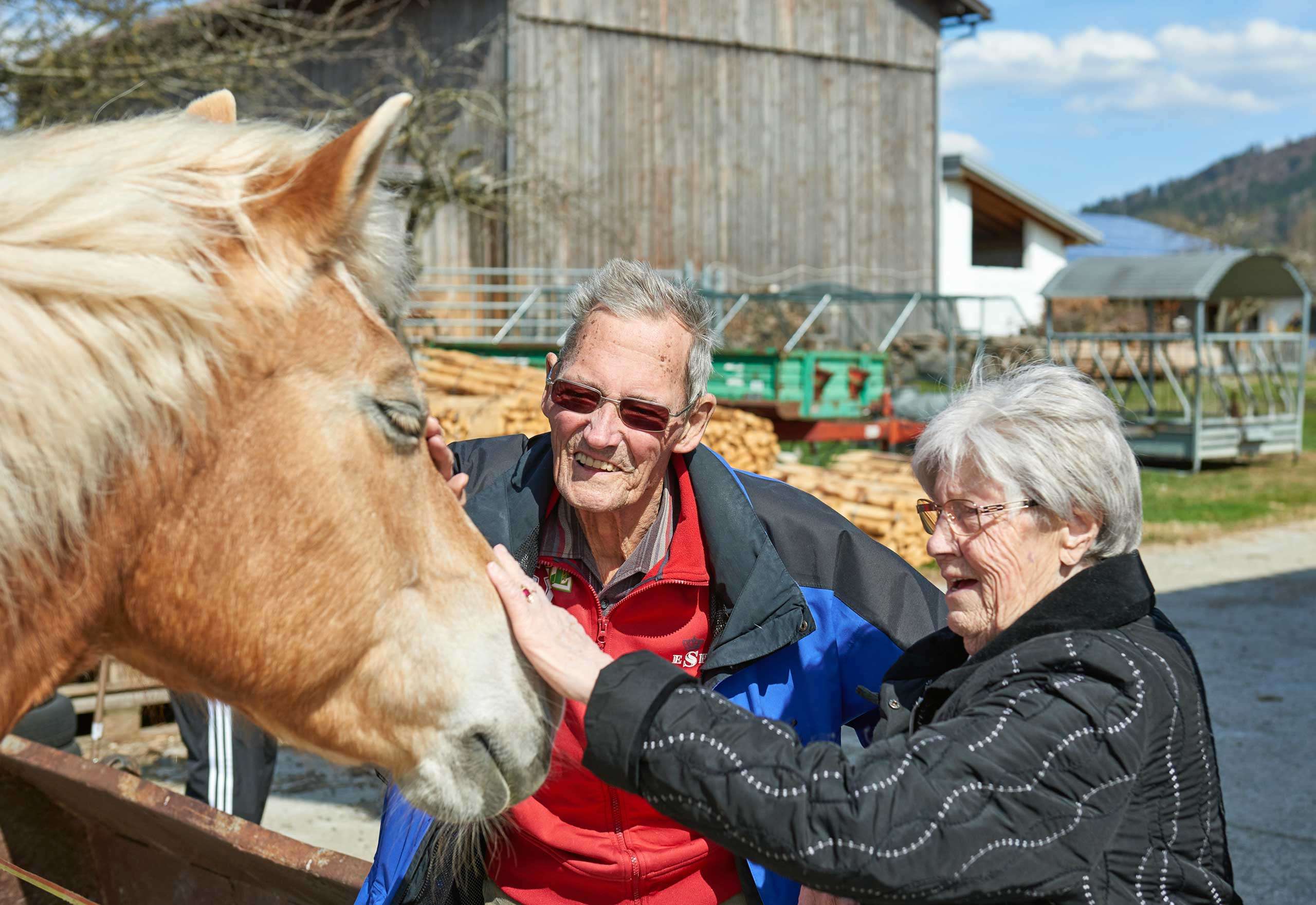Social Responsibility
We Live and breathe social responsibility
Social responsibility is a top priority for us. In 2005, Naturland was the first organic association to introduce social standards and we have been verifying compliance with these standards on an annual basis since 2016. In essence, our social standards are based on the UN Universal Declaration of Human Rights, the UN Convention on the Rights of the Child and the ILO (International Labour Organization) core standards.
social responsibility in a nutshell
The Naturland approach to Social Responsibility is explained briefly and clearly in the following video.
Data protection notice: By clicking on the Youtube video, you agree to our data protection provisions.
Video below in German language and with English subtitles.
Naturland sets different priorities for each region. Real-life examples of these include ensuring freedom of assembly and access to trade unions and banning exploitative child labour and forced labour in high-risk countries. Child labour is a reality for millions of children. Naturland does not have the power to eradicate it, but it can provide the framework needed to eliminate exploitative forms of child labour, guarantee children an education and ensure that their work does not compromise their physical and mental development.
In countries with no risk of the above, topics such as health and safety are given a greater priority. These aspects are often overlooked in family and small businesses due to the heavy workload. Naturland chooses to focus on such issues in order to reduce the risk of accidents on farms and to equip employers with the tools and information they need to deal with emergencies. In addition to practical instructions and appropriate working materials, this includes ensuring they have enough trained first aiders on site.
Across all regions, Naturland verifies that employers adhere to minimum wage regulations and pay pension and national insurance contributions.
In summary, the Naturland social standards predominantly include stipulations on working conditions and social benefits for employees, as well as stipulations regarding upholding human rights.
These standards apply to all Naturland-certified producers. This not only includes farmers, but also other producers, such as beekeepers, fishermen and insect breeders. Our processors and retailers also have to stick to our social standards.
Naturland pursues various approaches to ensure that its standards are properly implemented:
- Annual on-site inspections (except during the coronavirus pandemic) – not just documentation inspections
- Inspections consist of interviews, documentation audits and farm tours
- Naturland only works with DIN/EN ISO 17065-accredited inspection bodies. Naturland has members and partners in 60 countries, so this accreditation guarantees the competency and impartiality of our certifications around the world.
- Ever since we introduced our social standards, we’ve provided regular training to the global inspection bodies operating on our behalf. This includes providing annual updates and shadowing on-site audits on farms.
- In addition to commissioning annual inspections, Naturland also sends its own employees to visit farms.
It also carries out unannounced inspections.
What we stand for
Your Contact
THE NATURLAND SOCIAL STANDARDS AT A GLANCE
The social standards are part of Naturland's general standards. The standards include the following points:
- Human rights
- Free choice of work
- Freedom of assembly, access to trade unions
- Equality
- Children’s rights
- Health and safety
- Working conditions, including:
- Contracts
- Equal treatment
- Wages
- Payments for board and lodging
- Working hours
- Social benefits
- Further education





